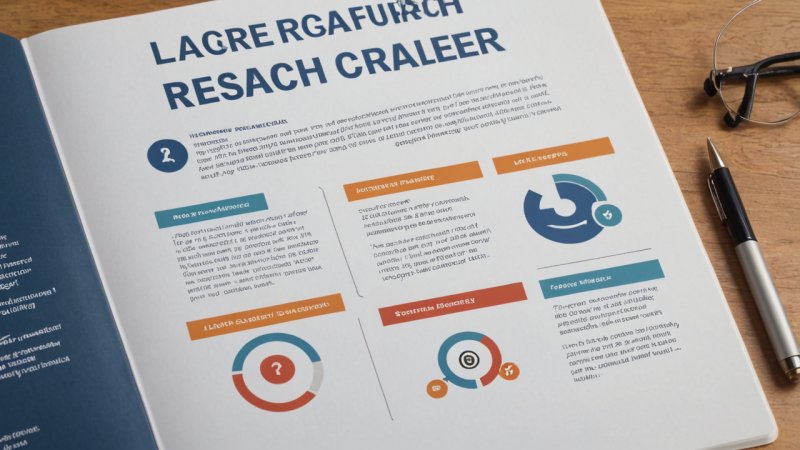Starting a career in academic research is an exciting yet challenging endeavor. With a vast array of disciplines and topics to explore, the journey can seem overwhelming. However, by following a structured approach, you can successfully navigate the early stages of your research career. Here’s a guide on how to get started in academic research.
The first step in your research journey is to identify your passion. Academic research can encompass various fields, including science, technology, engineering, medicine, social sciences, and the humanities. Reflect on the subjects that intrigue you the most. Consider your previous academic experiences, personal interests, and any specific issues you feel passionate about. Your enthusiasm for a topic will provide the motivation needed to overcome the inevitable challenges that come with research.
Once you have a general area of interest, it’s time to immerse yourself in the existing literature. Conducting a thorough literature review is crucial to understanding the current state of research in your field. Utilize academic databases and libraries to find relevant books, journal articles, and conference papers. Pay attention to the methodologies used and the gaps identified in the literature, as this will help inform your future research questions and objectives.
After familiarizing yourself with the literature, seek out opportunities to gain practical experience. Many universities and research institutions offer undergraduate research programs, internships, or assistantships. These opportunities provide hands-on experience and the chance to work alongside experienced researchers. Engaging in research projects will not only enhance your skills but also help you build valuable connections in the academic community.
Finding a mentor is another critical step in launching your research career. A mentor can provide guidance, support, and valuable insight into navigating the academic landscape. Reach out to professors, researchers, or professionals in your field who can help you refine your research interests and guide you through the process. A mentor can also assist you in networking with other researchers and identifying potential funding sources for your projects.
Once you have a solid understanding of your area of interest and have gained some experience, it’s time to develop a research question. A focused research question is essential for guiding your research and ensuring that your efforts are directed toward a specific objective. Think about the gaps you identified in the literature and how your research can contribute to filling those gaps. A well-defined question will not only clarify your goals but also inform your methodology.
As you formulate your research question, consider the methods you will need to employ. The choice of methodology largely depends on the nature of your research and the question you are addressing. Familiarize yourself with both qualitative and quantitative research methods, and select the approach that best suits your objectives. Understanding the strengths and limitations of different methodologies will enhance the rigor and credibility of your research.
Finally, embark on your research journey with enthusiasm and commitment. Document your process meticulously, and be prepared to adapt as necessary. Research is often a winding path filled with unexpected challenges, and being flexible will help you navigate these hurdles. As you gather and analyze data, remember to draw connections between your findings and the broader context of your field.
In conclusion, starting a career in academic research requires passion, curiosity, and a strategic approach. By following these essential steps, you can lay a strong foundation for a successful research career and contribute valuable insights to your field.
Essential Steps to Launch Your Research Career
Embarking on a research career can be both exciting and daunting. Discover essential steps that can help you successfully navigate the early stages of your academic journey.






